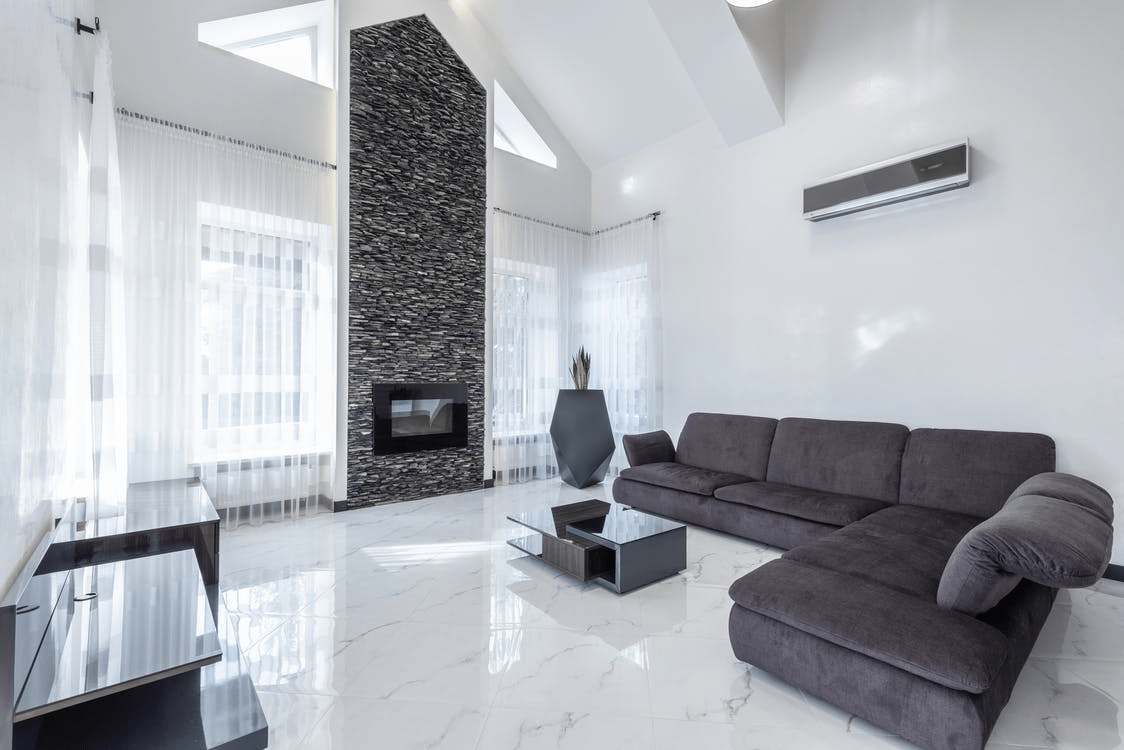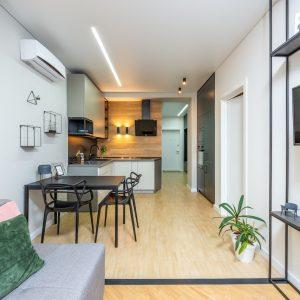A time will come when you have to start thinking about replacing your air conditioner, but it’s complicated if you have never done this before. A lot has changed over the years, making current models more energy-efficient.
They also have sophisticated features that enhance your home’s comfort. It’s best to consult experts at https://www.burichvac.com/emergency-ac-service/ before making this decision.
Questions before replacing your air conditioner
Here are questions to ask before replacing your air conditioner.
Should you replace?
Sometimes, replacing the air conditioner is tempting when all it needs is repairs. A contractor will diagnose the problem and recommend the most cost-effective solution. After repairs, commit to the set schedule to avoid such issues in the future. Change the air filter regularly and remove dirt or debris around the unit.
However, if the system keeps breaking down even after regular maintenance, it’s time to consider a replacement. An AC over ten years old will break down often, lose efficiency and not keep up with your home’s cooling needs.
It will take longer to cool your house and use more energy, which translates to higher utility bills. You may also experience decreased air quality, allergy flare-ups, and more expensive repairs.
What is the right size unit?
One of the most common mistakes when replacing an AC unit is selecting the wrong size. A system that’s too small will overwork, fail to cool your home, and cost more to operate. If you choose a unit that’s too big, it will cool your home efficiently but also cause high humidity levels.
It leads to health problems, discomfort, and damage. The right size will meet the cooling needs of your house while operating efficiently. An expert will determine the property size, the number of rooms, insulation, windows, and other factors to help you choose a suitable unit.
What is the ideal efficiency rating?
Air conditioners have efficiency ratings that range from 10 to 25 SEER. The higher the rating, the more efficient the system. A unit with a 12 SEER rating is 20% more efficient than a 10 SEER model. A system with a 15 SEER rating is 50% more efficient than a 10 SEER unit. If you live in a hot climate, choosing an AC with a higher SEER rating is best.
The initial investment may be higher, but you’ll save money on energy costs in the long run. It will also adequately remove moisture and humidity from the air, keeping your home comfortable.
How long will the installation take?
The time it takes to install an AC unit will vary depending on the type of system and its size. A ductless mini-split system is the quickest to install since it doesn’t require any ductwork. Central ACs take longer since they need connections to the duct system. The length of time also depends on the complexity of the project.
A professional can give you a better estimate after evaluating your home. Hiring an expert ensures the process is correct the first time, saving you money and time in the long run. It also protects the unit and prevents constant failures.
How much does it cost to install an air conditioner?
Factor the cost of buying the new system, the price of installation, and other additional charges. The cost of the unit will vary depending on the type, size, and efficiency rating. Installation costs will depend on the system type, the home’s size, and the project’s complexity.
There may also be other charges, such as permits, which vary by municipality. Once you have a few estimates, compare the total cost of ownership over the expected lifespan of each system. This will help you make the best decision for your budget.
What is the best air conditioning system for your home?
The best air conditioning system for your home is the one that meets your needs and budget. An AC with a higher SEER rating is best if you live in a hot climate. A less efficient model may be the best option if you’re on a budget. If tech-savvy, you might prefer a smart AC to control from your phone.
Ultimately, the best system is the one that keeps your home cool and comfortable while operating efficiently. However, it pays to have additional features such as humidity control to improve indoor air quality.
Are there warranties and maintenance plans available?
Some air conditioners come with warranties, which vary by manufacturer. Some companies offer maintenance plans that extend the life of the AC and prevent common issues. These plans typically cover tune-ups, filter changes, and repairs. They’re a wise investment since they could save you money in the long run.
Before buying an AC, research the warranty and maintenance options available. Check if there’re rebates, tax credits, or other incentives offered. These offset the cost of a new system.
Do you require multiple zoning?
Multiple cooling zones in your home allow you to set different temperatures in different areas. This is ideal if certain rooms are hotter or cooler than others. You save energy by only cooling the spaces in use. Zoning typically requires a ductless mini-split system or central AC with a zone control panel.
The right investment ensures optimal comfort
These questions help you choose the best AC for your home and budget, taking advantage of available warranties and maintenance plans. The system will serve you for a long while, ensuring optimal comfort. You’ll be happy with the choice and save money on energy costs.




